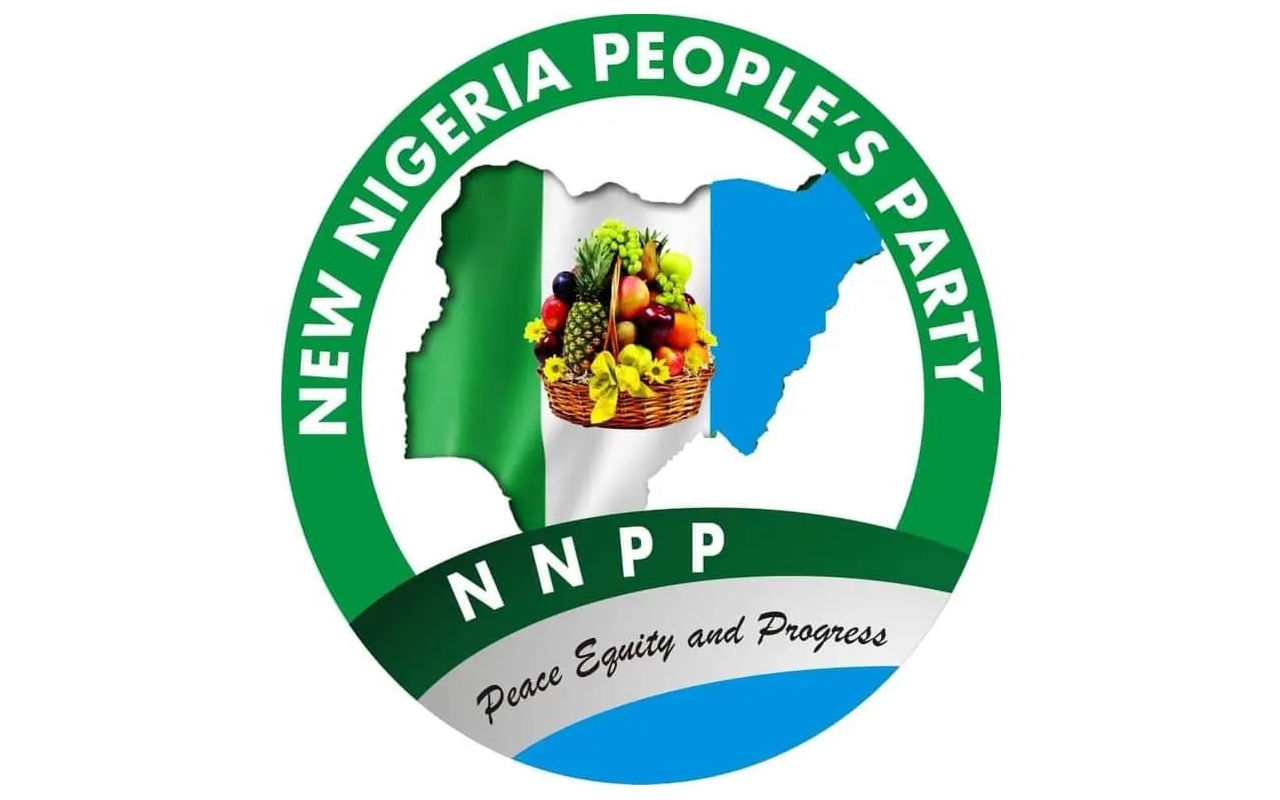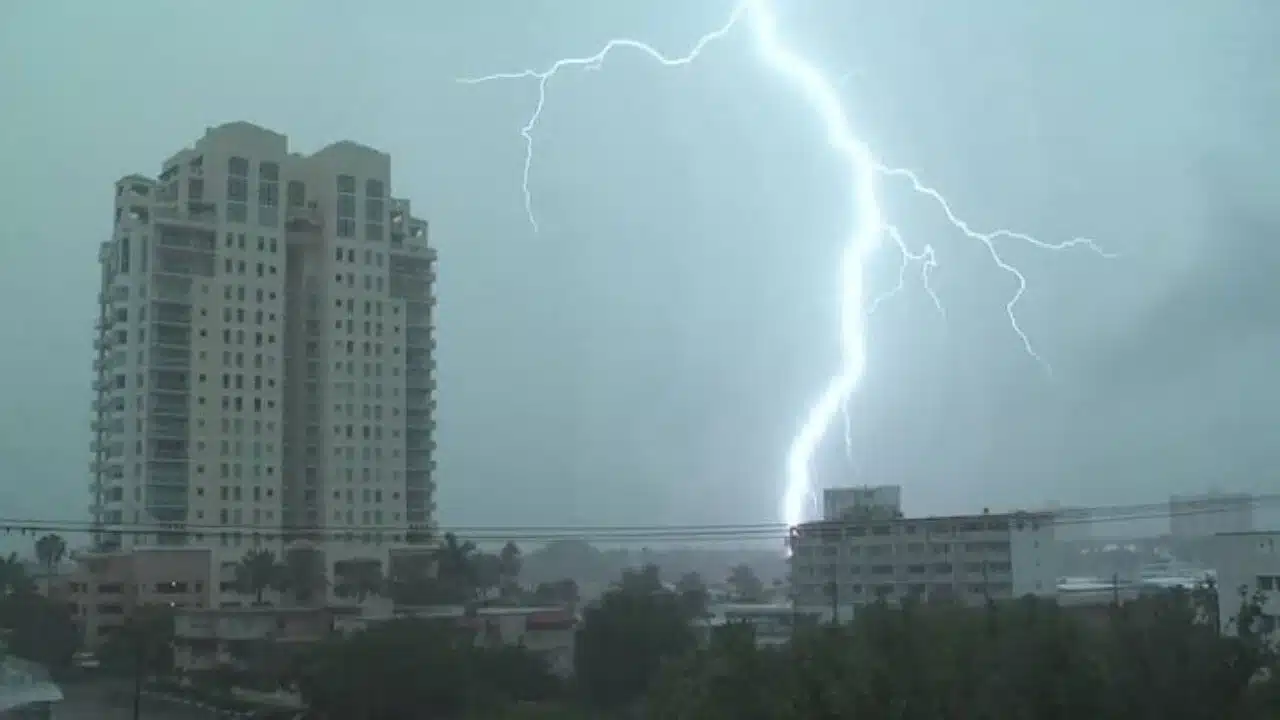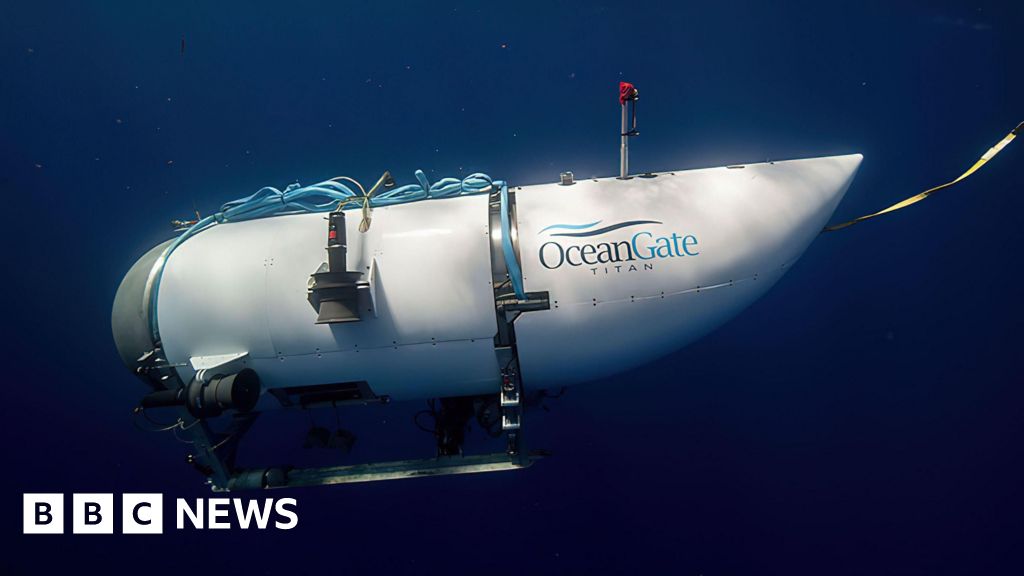The minister of state for environment, Iziaq Salako, has said Nigeria is faced with significant air pollution challenges, which he said now kills more than two deadly diseases: malaria and HIV combined.
“If we fail to take action and reverse the current high level of air pollution in our country and the world, the repercussions for public health, our economy, the environment and our survival is far-reaching,” the minister remarked at an event to commemorate the second international day of clean air for blue skies held in Abuja at the weekend.
According to the State of Global Air, 2024, air pollution is the second leading risk factor for premature deaths, resulting in around 8.1 million deaths annually from conditions such as stroke, heart disease, lung cancer, chronic obstructive pulmonary disease and acute respiratory infections. Air pollution is also linked to dementia and Alzheimer’s disease.
Nigeria was ranked the 3rd most polluted country in Africa by the 2021 World Air Quality Report. In 2023, the average PM2.5 concentration in Nigeria was 4.8 times the World Health Organisation’s annual air quality guideline value. Vehicular emission is the greatest contributor to air pollution, complicated in Nigeria by the many old automobiles plying the roads. Other sources include industrial activities, illegal refining, gas flaring, burning of refuse, household cooking and power generation.
Speaking to the theme “Strengthen International Cooperation In Improving Air Quality And Reducing Air Pollution,” Dr Salako said the Federal Ministry of Environment, through its regulatory/enforcement agencies and in collaboration with other MDAs, is working to improve the quality of air being inhaled by Nigerians using multifaceted policy instruments, legislations, programmes and projects to regulate, enforce and promote minimum air quality standards.
To reduce the contribution of domestic cooking to air pollution, the government commenced the implementation of a clean cooking policy to achieve universal access to clean cooking energy solutions for households and institutions by 2030. “In order to demonstrate government commitment to the clean cooking policy, we held a Clean Cook Fair earlier in the year to mobilise local investments for clean cooking technologies.
In addition, about 15,000 clean cookstoves will be distributed in 2024 across the country as part of an initiative being implemented by the Federal Ministry of Environment,” the minister stated.
The minister said the issue of vehicular emission is a major area that Nigeria needs to deal with in improving air quality. According to him, the government will put measures in place, including appropriate tariffs and taxes, to discourage the importation of old and rickety vehicles and encourage local manufacturing and assembling of vehicles.
He said the Federal Ministry of Environment is working to establish a national framework to guide states in setting up vehicular and generator emissions testing centres in line with minimum standards developed by the National Environmental Standards and Regulations Enforcement Agency (NESREA) and the Standards Organisation of Nigeria.
Earlier, permanent secretary of the environment ministry, Mahmud Kambari, said there needs to be more awareness among the people, especially the elderly, women and children who are more vulnerable to air pollution. “Clean air is very important because it is a great enabler of good health and a clean environment. We should engage in a wider sensitisation campaign on the benefits, effects and consequences of air pollution,” the permanent secretary, represented by the director of human resources management, Mariya Ad-rufai said.
She said, “If we don’t take measures to prevent the hazardous effect of air pollution, it won’t be funny for all of us. Climate change problems can be reduced if we have clean air.

 2 weeks ago
4
2 weeks ago
4















 English (US) ·
English (US) ·